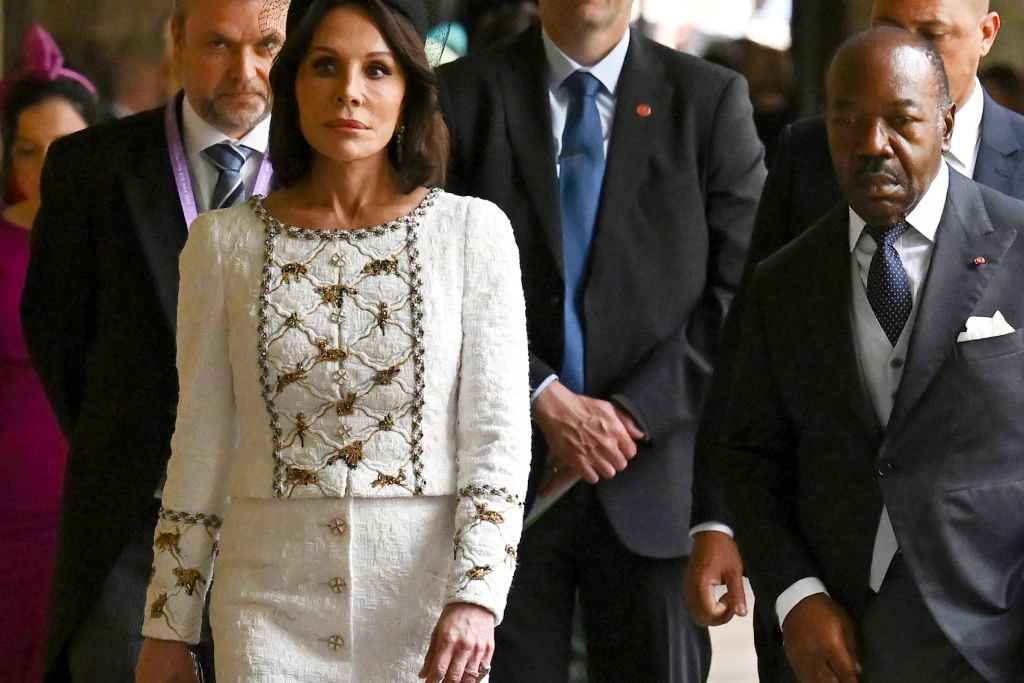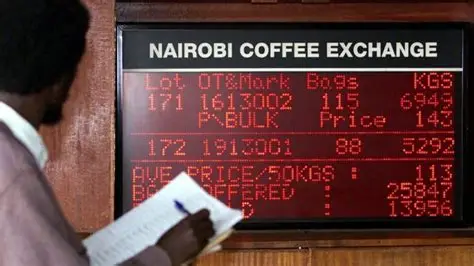
A once-in-a-decade summit kicked off in Seville, Spain, in scorching temperatures on Monday with global leaders under mounting pressure to reduce poverty, limit climate change and hit other key development goals increasingly at risk.
The first flurry of announcements included a landmark plan to slap new taxes on private jets and first class flying by Barbados, Kenya, France, Spain and a few other countries.
Kenya’s President William Ruto is one African leaders that routinely travels abroad on private jets or first class with a huge contingent of government officials and joyriders.
In the inaugural year of President Ruto’s term, he and his deputy embarked on an extensive series of 51 trips to 34 countries, incurring a staggering expenditure exceeding Ksh1.3 billion between July 1, 2022, and June 30, 2023. This significant globetrotting occurred despite President Ruto’s earlier commitment to cut recurrent expenditures by over Ksh300 billion.
Paradoxically, his office received the highest additional funding among all cabinet members in the supplementary budgets, predominantly allocated for recurrent expenses. Closer scrutiny of county affairs unveils a surge in travel expenses, coupled with a blatant disregard for established travel policies.
UN chief Antonio Guterres said the Seville meeting aimed “to repair and rev up” a world system where “trust is fraying and multilateralism is strained.”
That was a barb at the conference’s most notable absentee – US President Donald Trump, after the world’s largest economy, and traditionally its biggest aid giver, didn’t take part having refused to back the summit’s plan of action hammered out over the last year.
France’s President Emmanuel Macron also took a swipe at his US counterpart, calling the decision to start a trade war at a time when the planet was under such strain “an aberration”.
Guterres told the opening conference session, as delegates sweltered in a brutal Spanish heatwave, the Seville Commitment at the heart of the event was a “global promise” to fix how the world supports poorer countries.
The pre-summit “outcomes” agreement included tripling multilateral lending capacity, debt relief, a push to boost tax-to-GDP ratios to at least 15 per cent and shifting special IMF money to countries that need it most.
Macron demanded the World Bank and other top development banks should be prepared to sacrifice their top-notch credit ratings if necessary in order to hit those targets.
Multilateral development banks “whose objective is to keep their (triple-A) credit rating without using guarantee instruments, they are wrong,” Macron said. “They need to do more to use their balance sheets.”
Global aid fell by 7 per cent last year, according to OECD figures, while the ONE Campaign estimates they could fall by 23 per cent by 2027 as the US, UK, France and Germany cut spending
Global aid fell by 7 per cent last year, according to OECD figures, while the ONE Campaign estimates they could fall by 23 per cent by 2027 as the US, UK, France and Germany cut spending.
With two-thirds of the UN’s Sustainable Development Goals now lagging, more than $4 trillion a year in funding now needed to be found, Guterres said, while the world’s key financial architecture needs to be retooled quickly to make it happen.
As well as helping countries raise more tax to spend on development, Guterres said reform of world development banks needed to be stepped up so they could lend more and draw in private capital.
Tied to that was a need to reform the world’s credit rating system to be fairer to developing countries as they attempt to invest in projects that will improve their fortunes.
“Countries need – and deserve – a system that lowers borrowing costs, enables fair and timely debt restructuring and prevents debt crises in the first place,” Guterres said, citing a plan to create a single debt registry for transparency, and efforts to lower the cost of capital through debt swaps.
- A Tell / Reuters report







